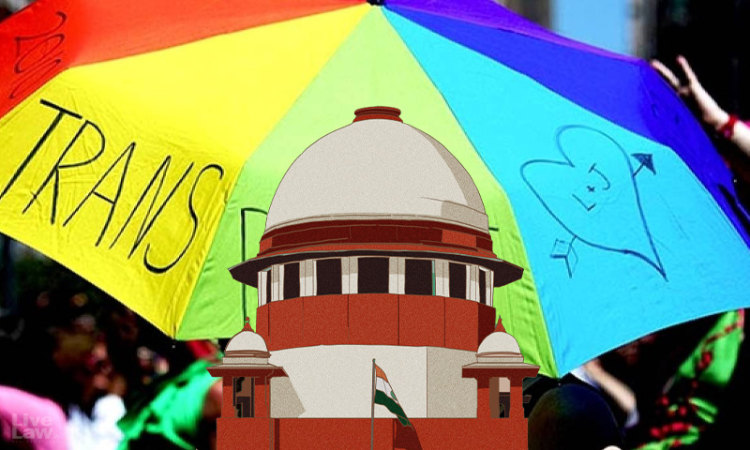Can Trans Woman Invoke Domestic Violence Act? Supreme Court To Consider
Sheryl Sebastian
2 Nov 2023 2:26 PM IST

Next Story
2 Nov 2023 2:26 PM IST
The Supreme Court is set to examine whether a transgender woman who has undergone sex re-assignment surgery can be an “aggrieved person” under the Domestic Violence Act, 2005 and has the right to seek interim maintenance in a domestic violence case. The matter has been listed for hearing in 2025. A bench of Justice Vikram Nath and Justice Rajesh Bindal granted leave in an appeal filed...
